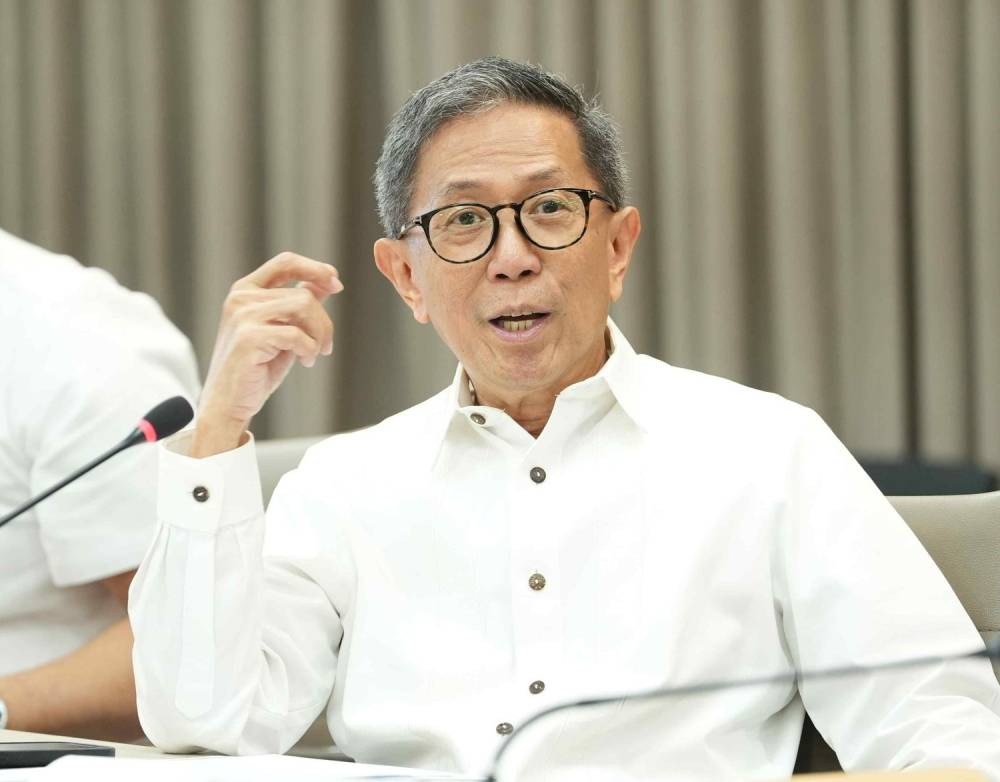PH needs $72B to cut greenhouse gas emissions

The Philippines will need to pool at least $72 billion to significantly cut its carbon emissions, as part of its commitment to combating climate change, according to the government’s environment chief.
Speaking at a climate summit organized by investment platform GenZero, Environment Secretary Raphael Lotilla said the funds would cover major sectors like energy, transport and agriculture.
“Mobilizing this capital from public, private and international sources is critical to achieving the targeted reductions in greenhouse gas emissions from these sectors,” said Lotilla, most recently the Secretary of Energy.
Almost a decade ago, the Philippines and 174 other countries had committed to the Paris Agreement, a legally binding international pact to address climate woes.
Under its commitment in the nationally determined contribution (NDC), the Philippines has vowed to have slashed its carbon emissions by 75 percent by 2030.
The current administration is looking at a “comprehensive update” of the NDC.
“For the energy sector, updating of the NDC is aligned with the Philippine Energy Plan and focuses on policy measures that promote renewable energy and energy efficiency,” Lotilla said.
Given this, the Department of Energy is targeting to get the ball rolling for the Philippines’ carbon credit market next month, with more investments seen flowing into the renewables projects.
Energy Undersecretary Felix William Fuentebella said a circular focused on the power sector may be released in September, hoping to entice other agencies to follow suit.
Under international law, the Department of Environment and Natural Resources is the designated national authority leading the sectors covered by the carbon credit market, such as forestry and energy.
For the energy industry, Fuentebella told reporters they would establish an entity tasked to oversee, preserve the integrity and the reliability of the market.
The trading of these carbon credits can be done locally and internationally, he noted.
Carbon credits are tapped to offset a country or an organization’s emissions. The funds can then be used to support climate projects.
A draft of the circular made available to the media on Wednesday showed that the policy would guide private players in implementing strategies to leverage carbon credit certificates (CCC), provide incentives and help boost the implementation of mitigation efforts.
Those to be tagged “eligible mitigation activities,” or projects that could significantly slash emissions, include the voluntary early retirement of coal-fired power plants; renewable energy development; energy efficiency improvements; emerging zero- and low-carbon energy technologies; switch to electric vehicles; and others.
The most active local company pushing for carbon credits is Ayala-led ACEN Corp. It hopes to become a fully renewable firm with the shutdown of its 246-megawatt coal plant in Batangas by 2030.
“We said it’s impossible except if there is a financing mechanism, and we’ll keep an open mind. At that time, carbon credits for early coal retirement did not exist,” Eric Francia, chief executive officer of ACEN, said at the GenZero Climate Summit 2025 in Makati City.
“This is truly a whole system approach, a partnership approach to enable this very important initiative,” he added.





















